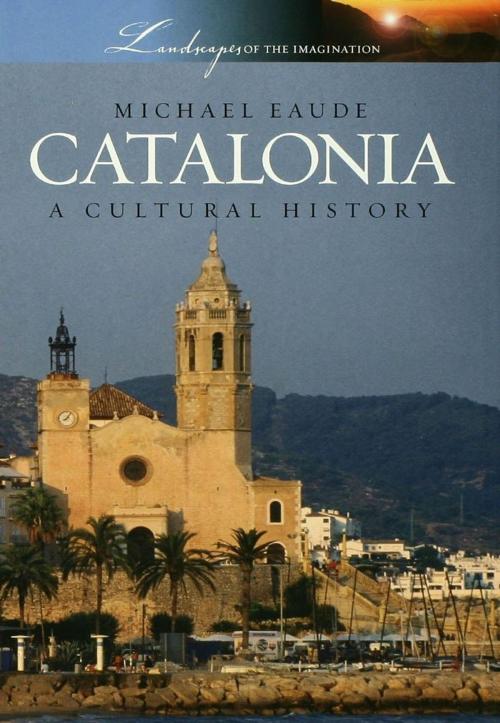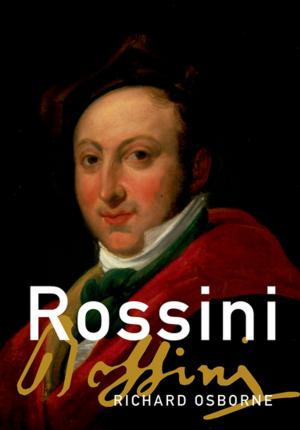| Author: | Michael Eaude | ISBN: | 9780199886883 |
| Publisher: | Oxford University Press | Publication: | January 8, 2008 |
| Imprint: | Oxford University Press | Language: | English |
| Author: | Michael Eaude |
| ISBN: | 9780199886883 |
| Publisher: | Oxford University Press |
| Publication: | January 8, 2008 |
| Imprint: | Oxford University Press |
| Language: | English |
Squeezed between more powerful France and Spain, Catalonia has endured a violent history. Its medieval empire that conquered Naples, Sicily and Athens was crushed by Spain. Its geography, with the Pyrenees falling sharply to the rugged Costa Brava, is tormented, too. Michael Eaude traces this history and it monuments: roman Tarragona, celebrated by the poet Martial; Greek Empúries, lost for centuries beneath the sands; medieval Romanesque architecture in the Vall de Bo:i churches (a World Heritage Series) and Poblet and Santes Creus monasteries. He tells the stories of several of Catalonia's great figures: Abbot Olivia, who brought Moorish learning to Europe, the ruthless mercenary, Roger de Flor, and Verdaguer, handsome poet-priest. Catalonia is famous today for its twentieth-century art. This book focuses on the revolutionary Art Nouveau buildings (including the Sagrada Família) of Antoni Gaudí. It also explores the region's artistic legacy: the young Picasso painting Barcelona's vibrant slums; Salvador Dalí, inspired by the twisted rocks of Cap de Creus to paint his landscapes of the human mind; and Joan Miró, discovering the colors of the red earth at Montroig.
Squeezed between more powerful France and Spain, Catalonia has endured a violent history. Its medieval empire that conquered Naples, Sicily and Athens was crushed by Spain. Its geography, with the Pyrenees falling sharply to the rugged Costa Brava, is tormented, too. Michael Eaude traces this history and it monuments: roman Tarragona, celebrated by the poet Martial; Greek Empúries, lost for centuries beneath the sands; medieval Romanesque architecture in the Vall de Bo:i churches (a World Heritage Series) and Poblet and Santes Creus monasteries. He tells the stories of several of Catalonia's great figures: Abbot Olivia, who brought Moorish learning to Europe, the ruthless mercenary, Roger de Flor, and Verdaguer, handsome poet-priest. Catalonia is famous today for its twentieth-century art. This book focuses on the revolutionary Art Nouveau buildings (including the Sagrada Família) of Antoni Gaudí. It also explores the region's artistic legacy: the young Picasso painting Barcelona's vibrant slums; Salvador Dalí, inspired by the twisted rocks of Cap de Creus to paint his landscapes of the human mind; and Joan Miró, discovering the colors of the red earth at Montroig.















